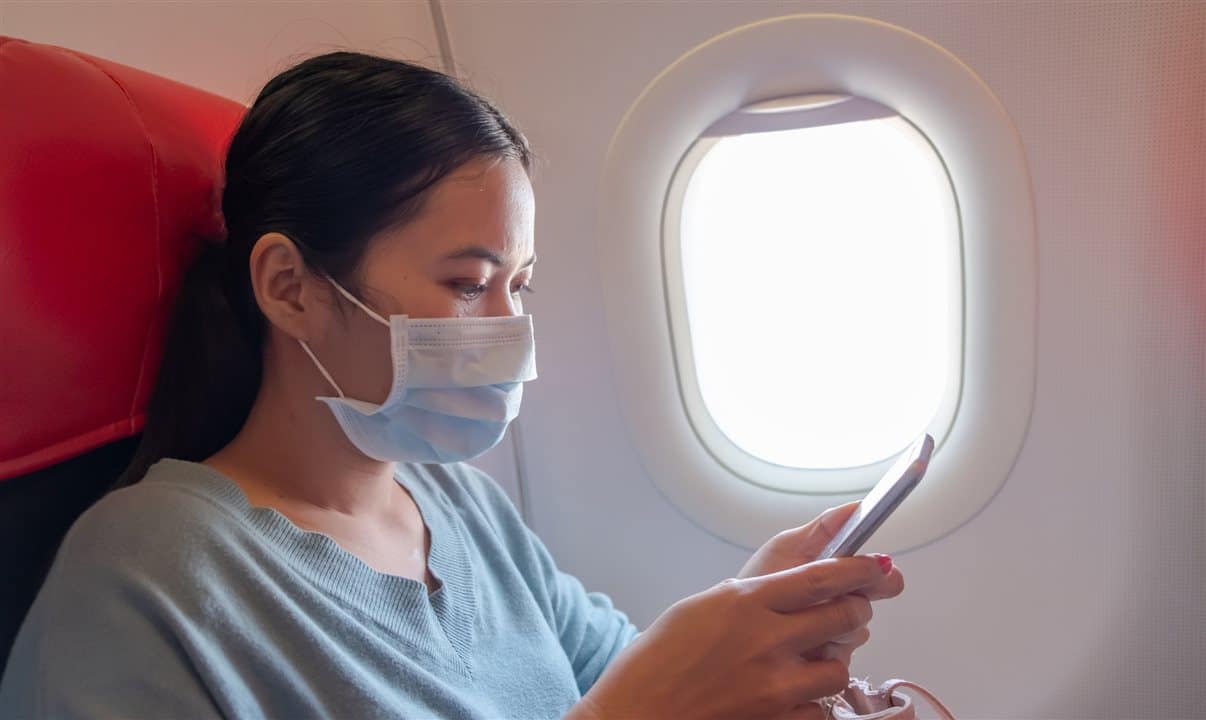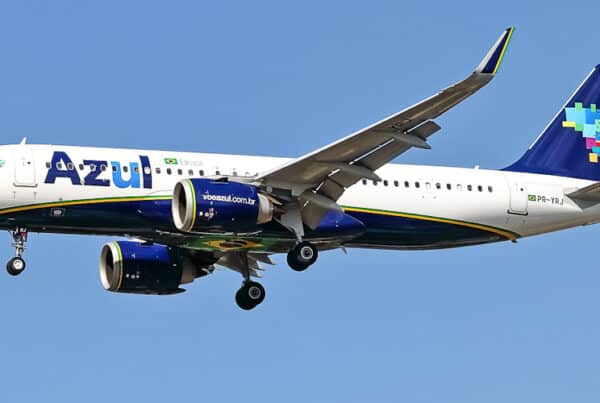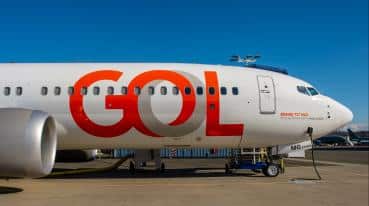Iata asks travelers to wear protective masks while traveling for the safety and protection of all passengers and crew against COVID-19. The use of facial coverage is the main recommendation among ICAO guidelines for safe operations during the pandemic, developed in conjunction with WHO and governments.

The association reinforces the need for passengers to comply with the recommendation after recent reports from travelers who refused to use facial coverage during a flight. Although this is restricted to a few individuals, some onboard incidents have become violent, resulting in costly detours and inconveniences to remove these passengers from the aircraft.
“This is an appeal to common sense and responsibility. Most travelers understand the importance of facial coverage for both themselves and other passengers, but a minority creates problems. Safety is a priority for aviation and compliance with safety instructions. On the part of the crew is the law. Failure to do so could jeopardize the safety of a flight, interrupt the travel experience of other passengers and affect the work environment of the crew “, says the entity’s general director and CEO, Alexandre de Juniac.
OBLIGATIONS
Airfare is a contract in which the passenger agrees with the airline’s terms and conditions of transportation. These conditions may include the airline’s right to refuse to transport a person whose behavior interferes with the flight, violates government regulations, or makes other passengers feel unsafe. The companies also highlight the need to use protective masks during the booking process, at check-in, at the boarding gate, and in onboard advertisements.
Failure to comply means that the passenger is at risk of being withdrawn from the flight, in addition to imposing restrictions on subsequent flights or fines according to national law.
Check out the recommendations:
– Physical distance as far as possible and implementation of “appropriate risk-based measures, where distance is not feasible, for example, in aircraft cabin”;
– Use of facial covers and masks by passengers and aviation workers;
– Routine disinfection of all areas with potential for human contact and transmission;
– Temperature measurement;
– Contact tracking for passengers and aviation employees: updated contact information must be requested as part of the self-declaration of integrity, and interaction between passengers and governments must be done directly through government portals;
– Passenger health declaration forms, including self-declarations, according to the recommendations of the relevant health authorities. “



